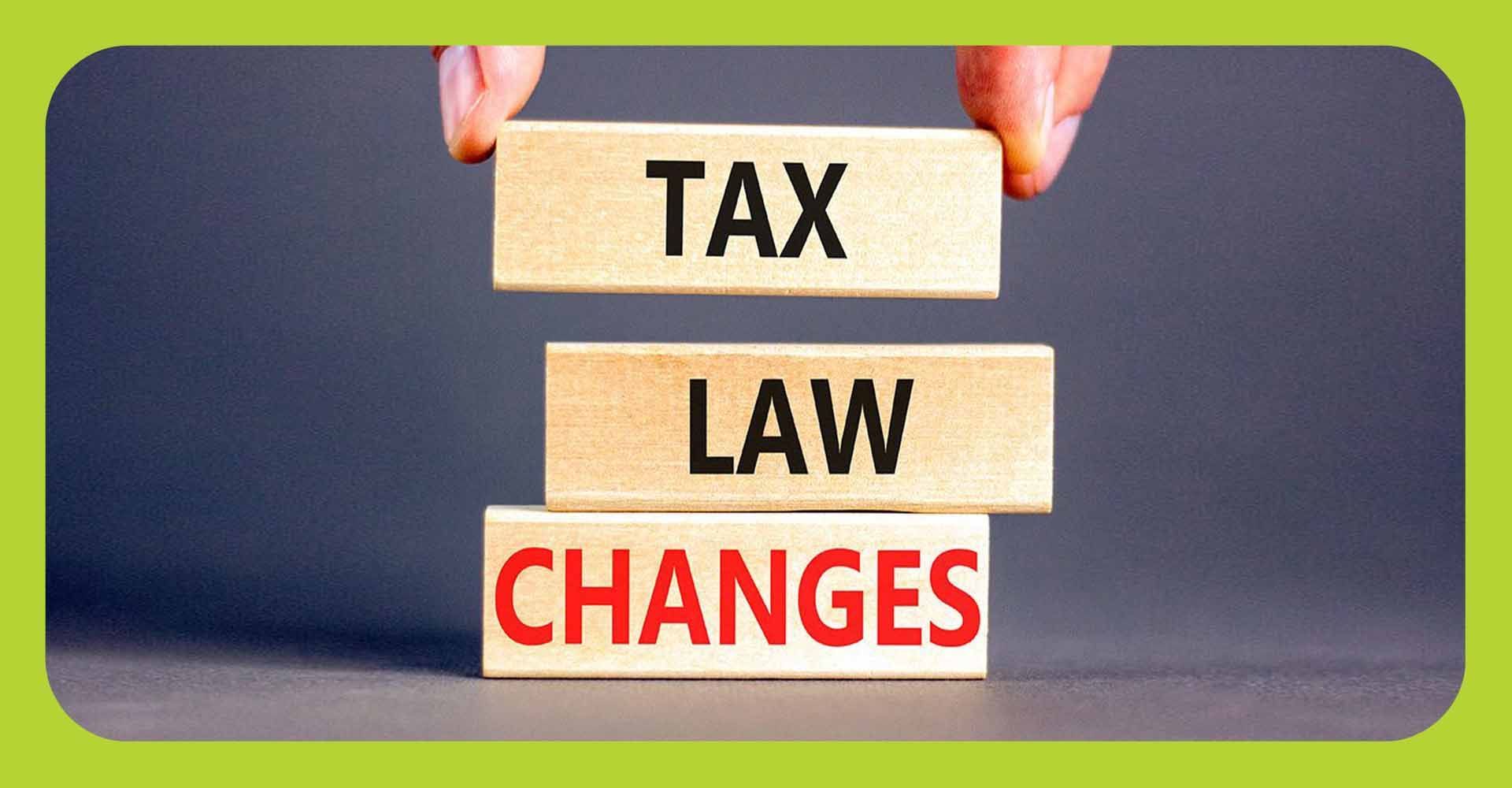
Elections bring a lot of noise. But as a business owner, you care less about political rhetoric and more about one thing: how it impacts your bottom line. Whether it’s Trump or Harris leading the next administration, both candidates have laid out tax proposals that could shape your cash flow, investment strategy, and long-term planning.
Let’s cut through the headlines and get into what these plans actually mean for small business owners—and how to position yourself for success, no matter who wins.
Trump’s Tax Plan: More of the Same, With a Few Twists
If you liked the Tax Cuts and Jobs Act (TCJA), you’ll find Trump’s latest proposal familiar. The plan focuses on making the TCJA’s temporary cuts permanent, particularly for individuals and pass-through entities.
Key Takeaways:
- Lower Rates on Pass-Through Income: S-corporations, LLCs, and sole proprietorships could continue benefiting from lower tax rates, meaning more profit stays in your pocket.
- Section 199A Deduction Stays: The 20% qualified business income (QBI) deduction is a significant break for many entrepreneurs. Making it permanent would offer predictability for pass-through entities.
- Simplified Filing (In Theory): Streamlining tax brackets and reducing complexity could save time on compliance, although how much remains to be seen.
What This Means for You:
If you’re structured as a pass-through entity, Trump’s plan could free up more capital for reinvestment, expansion, or simply bolstering cash reserves. However, there’s concern about how these tax cuts will be funded, which could lead to long-term economic challenges (inflation, anyone?).
Harris’s Tax Plan: Higher Rates, Targeted Credits, and Green Incentives
Harris’s proposal takes a different angle: raising corporate tax rates and introducing credits aimed at supporting lower- and middle-income households. There’s also a clear focus on incentivizing green energy initiatives.
Key Takeaways:
- Higher Corporate Tax Rates: C-corporations could see their rates jump from 21% to 28%, which could reduce net profits and cash available for reinvestment.
- Surtax on High Earners: If your business income flows through to your personal return and exceeds $400,000, expect an additional surtax.
- New Credits for Small Businesses: On the plus side, Harris’s plan offers tax credits for businesses investing in employee benefits, training, and green energy initiatives.
What This Means for You:
If you’re running a C-corp or considering incorporation, the higher tax rates could impact your after-tax profit. However, if your business aligns with Harris’s policy goals—like sustainability or employee support—you could leverage new credits to offset some of those costs.
How Business Owners Can Prepare—Regardless of Who Wins
Rather than betting on an election outcome, the smart move is to build flexibility into your tax strategy now. Here’s where to start:
Evaluate Your Business Structure: Your current setup—LLC, S-corp, C-corp—will determine how much these tax changes affect you. If you’re not already reviewing this with your CPA, you’re leaving money on the table.- Plan for Strategic Investments: If Trump’s plan passes, lower taxes may create extra cash flow. Consider how you’ll use it: expansion, technology upgrades, or retirement contributions. If Harris’s plan moves forward, explore credits for green initiatives or employee benefits that align with her proposals.
- Forecast and Model Both Scenarios: Create financial projections for each potential policy outcome. Know how increased corporate taxes or surtaxes could impact your net income—and how to pivot.
Both Trump and Harris offer small business owners a mix of opportunities and challenges in their tax proposals. Trump leans toward lower rates and simplicity, Harris toward increased taxes with targeted credits. Either way, waiting to see what happens isn’t a strategy.
Want to future-proof your tax strategy?
Schedule a consultation with Nth Degree CPAs today.



